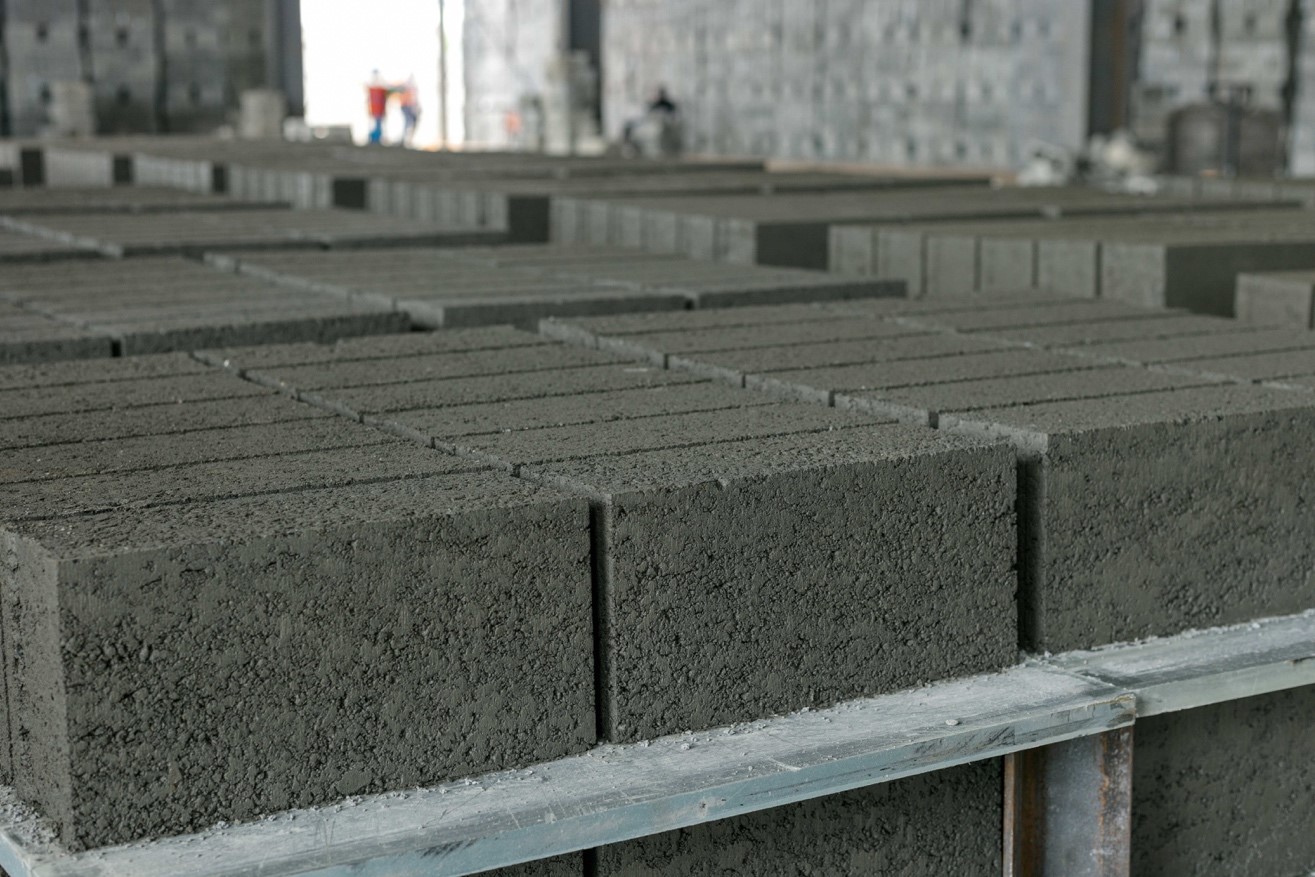Cement-Plastic Based Composites as the building blocks of future Ghanaian Mega-Structures
Abstract
Civil engineering is one of the oldest fields of engineering that recently has begun to investigate the sustainable management of the environment. Research in this field is focusing on moving away from old methods of construction to new approaches that are environmentally friendly. Construction that has minimum negative impact on the environment is termed green construction. On the other hand, poor management of plastic waste poses a threat to the environment. Plastics like polyethylene tetraphthalate are non-biodegradable and very hard to handle as waste in the world and especially in Ghana. This paper describes how the need for better plastic waste management can be harmonized with the quest to find greener methods of construction. Traditional cement blocks are compared to a new breed of cement blocks that contain waste plastic as part of reinforcement. The mechanical and thermal properties of conventional blocks and those of the new blocks with different plastic compositions are compared using statistical methods and tools. There were statistically significant differences in the compressive strength, flexural strength, hardness and thermal conductivity of the newly engineered blocks.


